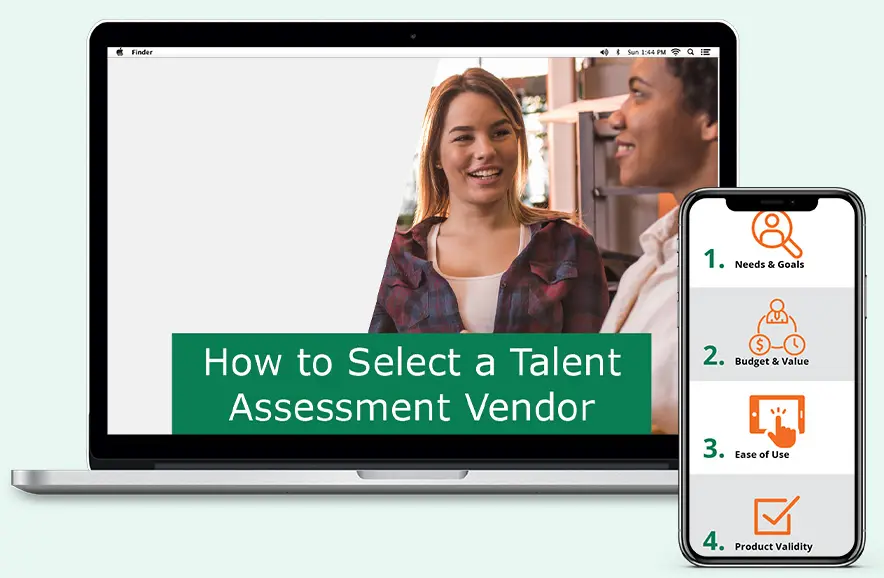Impulsiveness is one of the most significant causes of human error in all walks of life. By not thinking through the consequences of their actions, impulsive people make mistakes, offend the wrong people, and even cause safety-related incidents on the job! In this episode of the “How to Manage” Video Series, Stephen shares insight on how to limit the impact of your employee’s impulsiveness at work.
5X Higher Risk!
Believe it or not, those who score “Higher-Risk” on the Impulsive dimension are five times more likely to cause safety-related incidents at work. By working closely with our Customers to resolve issues caused by Impulsiveness, our product development team has created some easy-to-adopt & effective solutions for managing your Impulsive employees. Additionally, you can learn more about our employee risk assessments for measuring workers risk tolerance.
In this video, Stephen Race highlights some key sections of the reports and recommends ways to integrate them into team development at your workplace.
VIDEO TRANSCRIPTION BELOW
INTRODUCTION TO “IMPULSIVE”
Stephen Race: How to Manage “Impulsive” Employees. We’ll give you an intro to impulsiveness and how that shows up in the workplace and it’s implications on hiring, training, and coaching. Impulsiveness is related to decision making – people who are highly impulsive don’t think about the consequences of their decisions. They’re not very cautious, they tend to act without thinking, and may need coaching and development to make solid decisions and follow rules and processes.
“IMPULSIVE” IN THE WORKPLACE
When someone is acting impulsive in the workplace, they might decide to do things out of the ordinary – things that might be contrary to safety for themselves or to others and decisions that would make them go outside of the standard operating procedures. In research that we’ve done with client companies, we’ve found that employees who are highly impulsive and score in the high risk range on the SQ™ assessment have safety incident rates up to 5X higher than people who do not score in the high risk range on impulsiveness.
HIRING TIPS
Used in the hiring process, we recommend specific interview questions to find out how someone’s level of impulsiveness may affect their on-the-job behavior. Asking questions related to how people have handled situations in the past like the speed at which they do tasks or when they’ve rushed and made mistakes gives you an idea of how they’ve handled things in the past and a view of how they might handle things in the future.
TRAINING & COACHING TIPS
For training and coaching, impulsiveness is something that may need monitoring, particularly if someone scores in the high risk range. People in the high risk range would be overconfident in their own abilities. They might underestimate the risks and not be cautious when they’re making decisions. They would benefit from regular reinforcement and monitoring to make sure that they’re following standard operating rules and procedures. And they may need to be reminded of the negative consequences of their actions – so if they’re considering doing something, it helps if they run through what might happen with someone who is more cautious or less impulsive than they are.
To learn more about impulsiveness and the other safety dimensions, please visit www.talentclick.com/sq.











